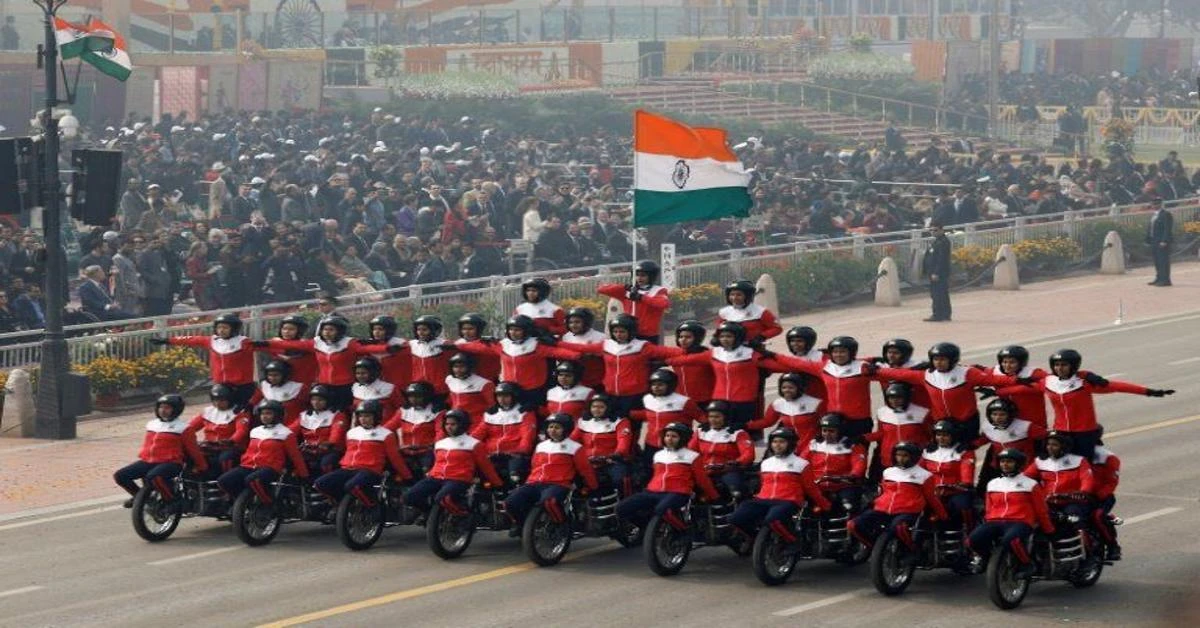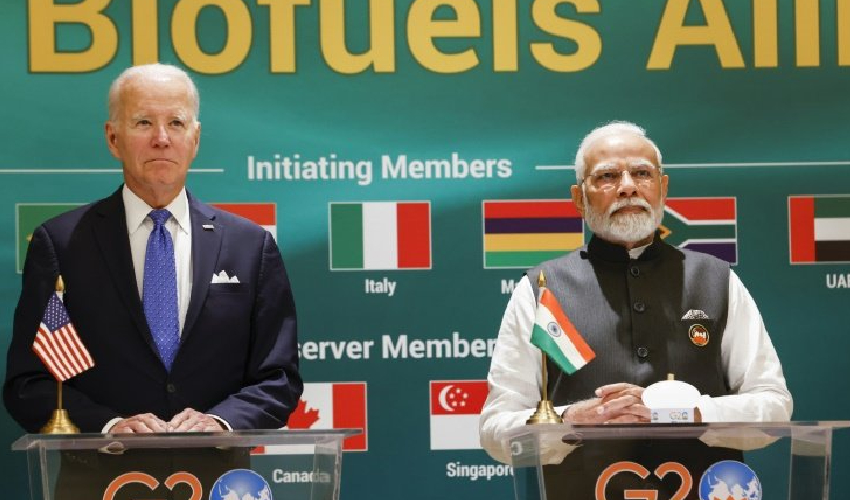US greenlights $4B drone sale to India following controversy over assassination

The U.S. approves a $4 billion drone sale to India to bolster its military against China
The U.S. greenlit a $4 billion transaction to provide cutting-edge drones to India, aiming to enhance its military capabilities in the context of the Chinese threat. This decision comes after a delay caused by an alleged plot to assassinate a U.S.-based individual.
This sale signifies a significant shift in India’s procurement of weaponry, moving away from its traditional reliance on Russian arms, which has become increasingly contentious due to sanctions related to the Ukraine conflict.
During Prime Minister Narendra Modi’s visit last year at the invitation of President Joe Biden, Indian officials engaged in discussions about the drones in light of recent conflicts with China and Pakistan.
Following extensive deliberations with U.S. lawmakers and Indian authorities, the State Department formally notified Congress of the sale, including 31 MQ-9B Sky Guardians, the most advanced Predator drones manufactured by General Atomics.
According to a statement from the State Department, “The proposed sale will enhance India’s capacity to address present and future threats by facilitating unmanned surveillance and reconnaissance missions in vital sea lanes.”
“India has shown a commitment to modernizing its military and is well-equipped to integrate these items and services into its armed forces.”
Despite India’s longstanding support in the U.S. Congress, the massive deal faced a setback after U.S. prosecutors alleged a conspiracy to assassinate a Sikh separatist leader with U.S. citizenship in New York. Additionally, the Justice Department claimed that an Indian government official orchestrated the plot remotely.
India pledged to investigate the accusation, responding in a more measured manner compared to its earlier vehement reaction to Canada’s similar allegations of involvement in the killing of a Sikh separatist near Vancouver. However, some U.S. lawmakers questioned whether both the Modi government and the Biden administration were taking these allegations seriously, leading to a postponement of their informal approval of the sale.

Back on track
“The announcement could help revive the sale, but it may face challenges in Congress. Allegations of targeted killing by India continue to impact U.S.-India relations,” expressed Michael Kugelman, who serves as the director of the South Asia Institute at the Wilson Center.
“In this partnership, strategic priorities often prevail, ensuring the eventual completion of the sale. Nevertheless, the potential for obstacles during the finalization phase cannot be dismissed,” he added.
Meanwhile, in New Delhi, Randhir Jaiswal, a spokesperson for the foreign ministry, informed the press that the United States was in the midst of its “internal procedures” regarding the sale and declined to provide further details.
The Sea Guardians possess the capability to surveil both maritime areas and submarines, with the ability to sustain flight for 35 hours, launch Hellfire missiles, and carry approximately 1,000 pounds (450 kilograms) of ordnance.
The Indian Navy has been utilizing two leased Predator drones to monitor the Arabian Sea, safeguarding ships from potential attacks by Yemen’s Houthi rebels and Somali pirates.
In 2019, India deviated from tradition by entering Pakistani airspace to target an alleged militant training camp.
Tensions have also been escalating along the Himalayan border between India and China, the two most populous countries in the world. A clash in 2020 resulted in the deaths of 20 Indian troops and at least four Chinese soldiers.
U.S. policymakers have largely found common ground with India due to shared concerns about China, despite some lawmakers expressing apprehension about Modi’s human rights track record.
Tweet: US approves $4 billion sale of advanced drones to India to improve its military strength in response to the Chinese threat. This decision was made after delay due to alleged plot to assassinate a US citizen
Source: AFP



